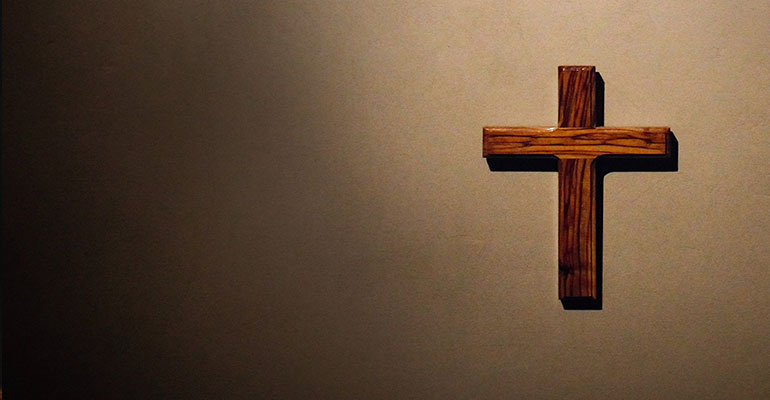Light and Dark

I hope it is not a secret that I love books and stories. In school, I was never very good at math or sciences, but usually excelled in history and literature. It’s a major reason why I chose to study Scripture at ACU (Abilene Christian University), and also why I rather enjoy the Christian life–because of the opportunity to live out this particular story, and to help write the pages of Christian history (even if in my small, hopefully mostly unrecognized sort of way). I love stories. And one of the classic stories that is available to us is that of good versus evil. Light versus dark. We tell these stories, and we love these stories because they remind us of something that is true in the world. And, they offer us hope that our fears for the worst will not be realized, and instead that tiny inkling, that little ray of sunlight, where things work out in the end just might come true.
Right now, we are in the midst of Lent. On top of that, our world is experiencing a pandemic that hasn’t had an equal since 1918. It is a strange and unique time. However, the Christian story is well prepared for such a time as this. Lent is a 6-week reminder every year of what the cross mans for all of us and for all of human history. During this time, we remember the life and death of Jesus, learning anew every year that this story does not exempt us from pain or suffering, but instead this story helps us to redeem that pain and suffering. And on top of that, it teaches us that God is present with us in the valley of the shadow of death. Christ’s downward journey is one that we are all invited to join in. We are inited to join in it not because we love the resulting pain or difficulty, but because by joining with Christ, we learn that in the Kingdom of God, every lesson about power and position that we learn from the world is actually turned on its’ head.
In the Beatitudes, Jesus finishes these blessings by saying that we are blessed when we are harassed, insulted, persecuted, and libeled (Matthew 5:10-12). When those things happen, we participate in the downward journey of Jesus, and we give witness to the Kingdom of Heaven.
Today, we aren’t necessarily being harassed or persecuted, at least not in the part of the world where I live. Occasionally we might be insulted or libeled, but in the grand scheme of things, we (I) live a very comfortable life. That is, at least, until the discomfort wedges itself into my life and forces me to realize that there is pain, brokenness, loneliness, anxiety, and depression (plus so much more) in the world, and that I am not exempt from it. In story-telling, these are the kinds of moments that are essential to making a good story. There has to be a conflict to overcome, an obstacle standing in the way that is very real and very much a threat. And so, perhaps, this is one of those moments. This is one of those obstacles. But in order for the story to be a good story, those obstacles and conflicts must be overcome. If they aren’t, they are simply tragedies (which can still be good), but leave us hurting and yearning for a world where the conflict is redeemed.
I am especially grateful for the season of Lent, because it gives me six weeks every year to reflect on (even if just for a moment) how this story ends. It is a story that doesn’t end in tragedy (although there are certainly sad things that happen along the way). This story ends at the cross (which I understand is a problematic sentence since the story does not in fact end at the cross and, in fact, is still continuing on today through the body of Christ, but allow me to be dramatic). And even though the cross means death, that cross is transformed and actually becomes something else. It becomes the moment where all of human history is given a glimpse of the Kingdom of Heaven–a kingdom in which the king doesn’t rule over the people as a tyrant or even just as a benevolent monarch, but instead sacrifices himself for the people. It becomes a moment in which to understand suffering and pain because even God was willing to suffer if it meant that we could be restored to him and that all of creation would be redeemed. The cross becomes the very moment where light and darkness tangle, but where darkness cannot ultimately keep back the light.
This week, I encourage you to be encouraged and challenged by the message of the cross. Paul said that it is foolishness to the world, but even God’s folly is wiser than the wisdom of the world (1 Corinthians 3:19). Peter reminds us of the Christian story too, telling us that through Christ we have become “a chosen race, a royal priesthood, a holy nation, a people who are God’s own possession…so that [we] may speak of the wonderful acts of the one who called [us] out of darkness into his amazing light” (1 Peter 2:9).
Remember that the light shines in the darkness, and the darkness could not overcome it (John 1:5).
Peace to you all!

